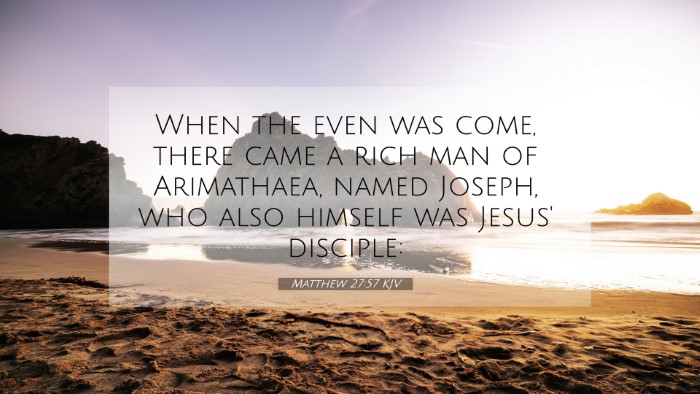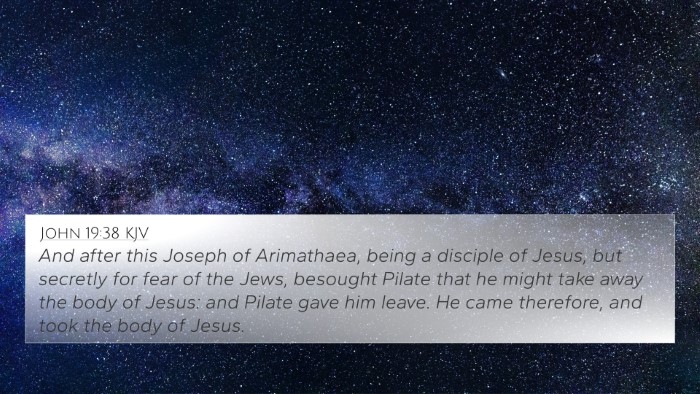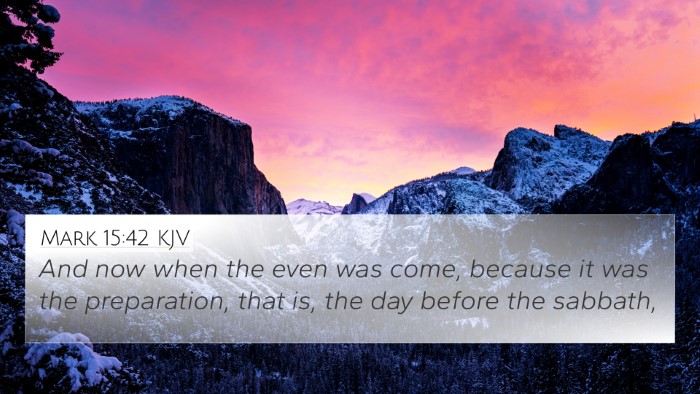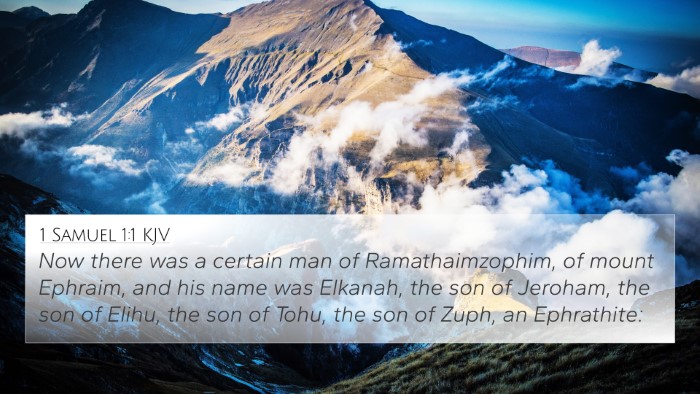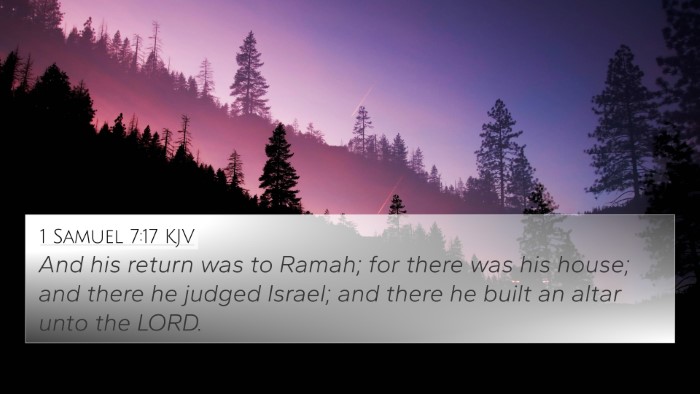Bible Verse: Matthew 27:57
Verse Text: "When the evening had come, there came a rich man from Arimathea, named Joseph, who himself had also become a disciple of Jesus."
Overview of Matthew 27:57
In this verse, we see the pivotal moment after the crucifixion of Jesus. Joseph of Arimathea, a wealthy individual and secret disciple of Jesus, steps forward to take responsibility for the burial of Christ. His actions serve multiple purposes: fulfilling prophecy, demonstrating faith, and highlighting the significance of Jesus’ death.
Commentary Insights
This verse has been analyzed through various commentaries which provide deeper insights:
-
Matthew Henry:
Henry emphasizes the boldness of Joseph in coming forth. Despite being a member of the Sanhedrin, he defies the risk associated with publicly identifying with Jesus, highlighting the powerful transformation that faith can bring.
-
Albert Barnes:
Barnes points out Joseph’s wealth and status, suggesting his actions were not only brave but also significant in representing a substantial conversion. He becomes a vital link between the Jewish rulers and the followers of Christ, reflecting a turning point for many who feared to associate openly with Jesus.
-
Adam Clarke:
Clarke mentions Joseph’s lineage and the importance of his actions, interpreting them as a fulfillment of Isaiah’s prophecies regarding the honorable burial of the Messiah. He notes that this event further confirms the authenticity of the scriptures.
Thematic Connections
This verse stands at a crucial juncture in biblical narratives, serving as a connector within numerous themes:
- Faith and Risk: Joseph’s decision illustrates how faith often requires risk, paralleling Peter’s denial and other disciples’ fear.
- Fulfillment of Prophecy: His actions fulfill prophetic scriptures about the Messiah’s burial, which can be linked to Isaiah 53:9.
- Discipleship and Identity: The shift from a secret disciple to a bold one invites analysis on what it means to follow Jesus wholeheartedly.
Cross-References for Further Study
Here are several cross-references for deeper exploration of related themes:
- Isaiah 53:9: "And they made His grave with the wicked, but with the rich at His death." - This prophesies the manner of Jesus’ burial.
- John 19:38-40: This passage gives more details on Joseph’s actions and his collaboration with Nicodemus.
- Mark 15:43: Joseph’s identification as a disciple is reinforced in Mark’s account.
- Luke 23:50-52: Luke provides additional context on Joseph and his just character.
- Matthew 5:14-16: The call to be a light rather than hide one's faith resonates with Joseph's boldness.
- Philippians 1:20: Paul’s perspective on boldness in Christ reflects the essence of Joseph’s act.
- Acts 8:1: Disciples facing persecution might relate to Joseph’s fear of societal backlash.
- Romans 10:9: This verse speaks to the necessity of confessing Christ, aligning with Joseph’s eventual willingness.
- Matthew 10:32: Jesus’ teaching on confessing Him publicly sets the stage for Joseph’s actions.
- 2 Corinthians 5:15: Highlights the transformative power of Christ’s death, underscoring Joseph's realization of the need to honor Jesus.
Conclusion
Matthew 27:57 encapsulates the theme of transforming faith in the face of societal pressures. Joseph of Arimathea stands out as a testament to courageous discipleship, serving as an encouraging model for believers today. His connection to the prophetic implications of Jesus’ death provides a rich field for comparative Bible verse analysis, while also fostering a broader understanding of the connections between Bible verses throughout scripture.


